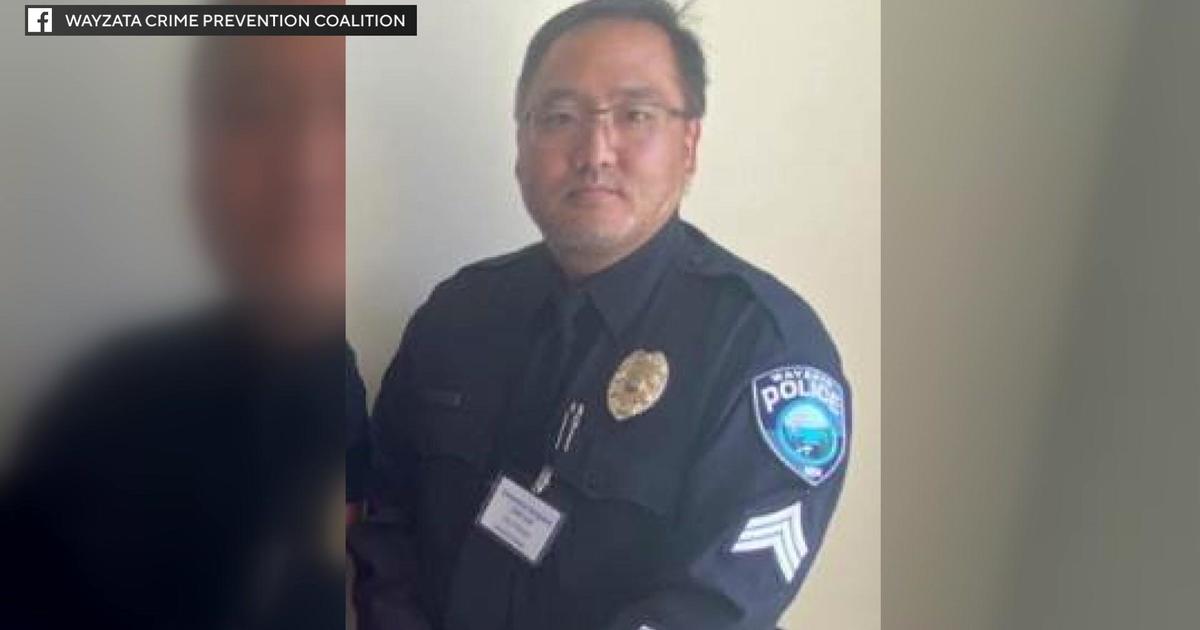Twin Cities Orthopedics Cuts Patients' Opioid Use With New Prescription Guidelines
MINNEAPOLIS (WCCO) -- Minnesota doctors are changing the way they prescribe pain medications in an effort to do their part in the opioid crisis.
The Minnesota Department of Health announced last week that the number of opioid overdose deaths was down in 2018 -- going from 733 deaths in 2017, down to 607, or a 17 percent reduction.
Minnesota hospitals and clinics have managed to significantly reduce the number of pain pills being prescribed.
At Twin Cities Orthopedics, researchers wanted to figure out how to change prescription practices. They began tracking 3,000 patients and their prescriptions in 2017.
"I think there's still a question of how do we continue to address it. What is over-prescribing? That question is still out there," Rachel Uzlik, vice-president of clinic services at Twin Cities Orthopedics, said. "Most patients said they weren't taking their prescription at all, they held it in case the pain got too bad."
Many patients were afraid to take opioids because of addiction.
After collecting the data, Twin Cities Orthopedics launched new prescription guidelines for all of its physicians in 2018, that included more patient education on non-narcotic alternatives and a maximum quantity of opioids being prescribed.
The result was a 61 percent drop in pills prescribed, a 62 percent drop in prescription strength, and a doubling of safe disposal of unused medication.
Yet patients' pain levels weren't affected.
"What happened was patients allowed to feel the pain a little bit and understood it wasn't so scary and slowed down on their consumption," Uzlik said.
The Mayo Clinic also revised its prescription guidelines after studying 8,000 surgical cases. They found prescribing opioid medications based on a tier-based system significantly reduced the number of prescriptions and refills.
"You know there are so many causes of the opioid epidemic, but what we can do as providers is be responsible for what we prescribe," Dr. Halena Gazelka said.
Now any patient that gets prescribed pain medication will also go home with a narcotics disposal bag. Patients can simply put their medication in the bag and it will automatically neutralize it, and can then be thrown in the trash.
The Mayo Clinic has also instituted a three-day limit on opioid prescriptions for all of its emergency departments.
Both Twin Cities Orthopedics and the Mayo hope the research will encourage clinics across the state to improve prescription rates.



